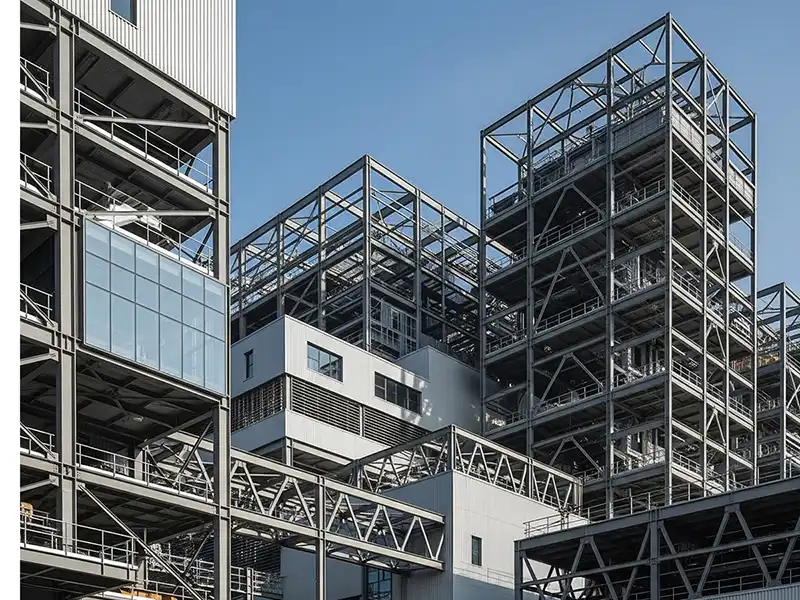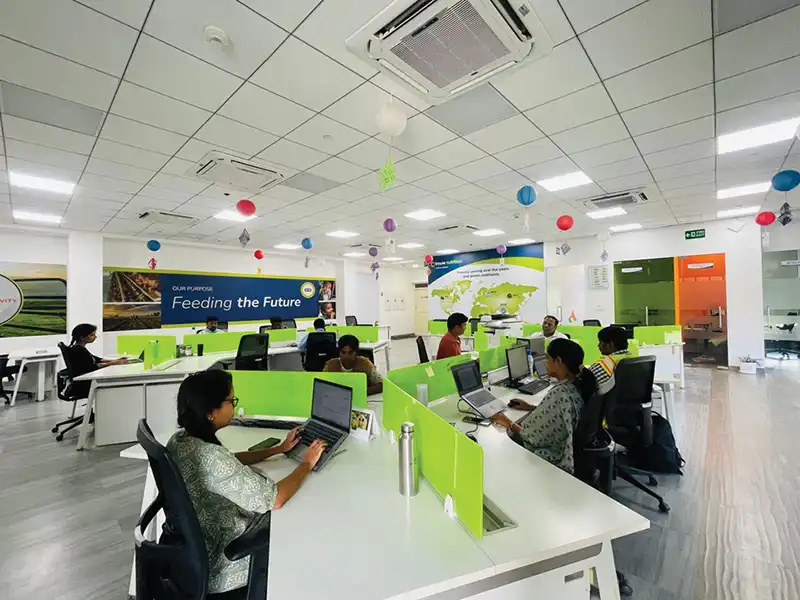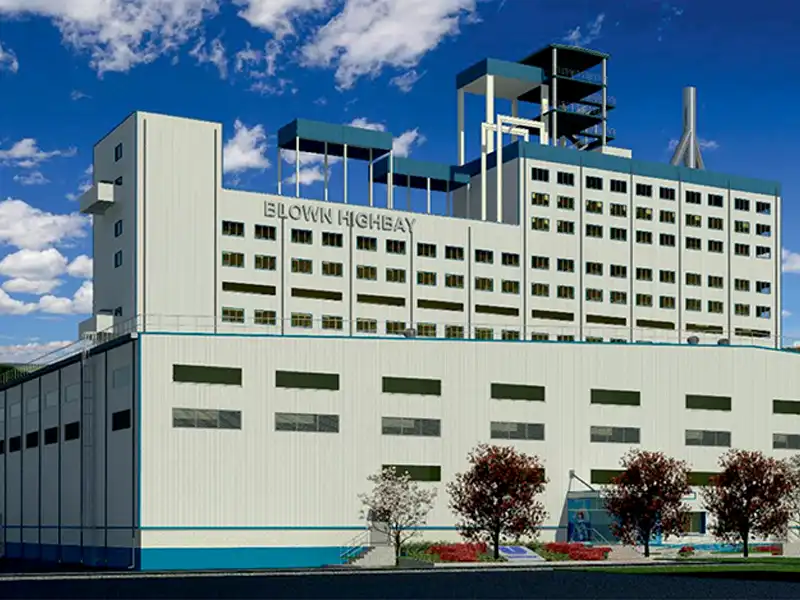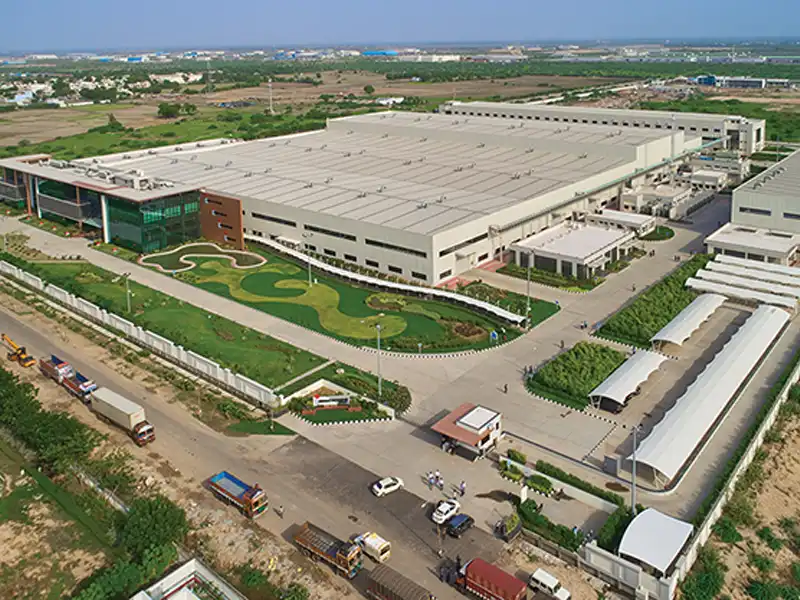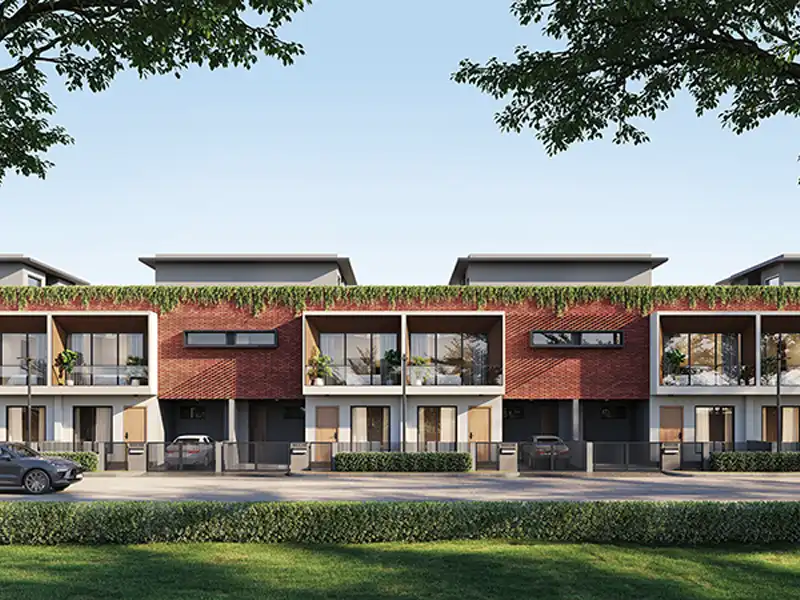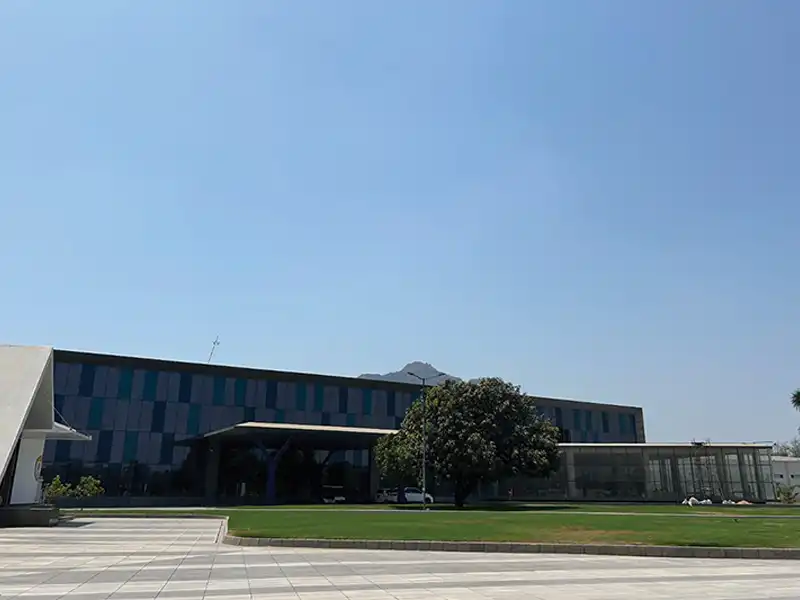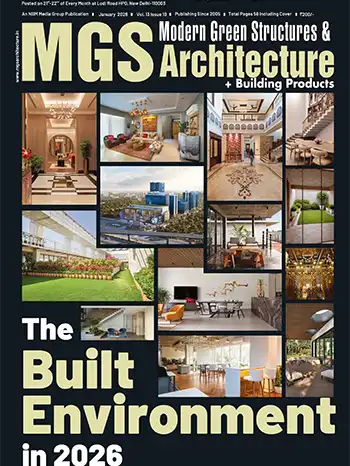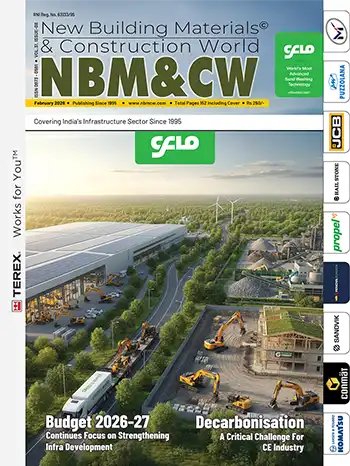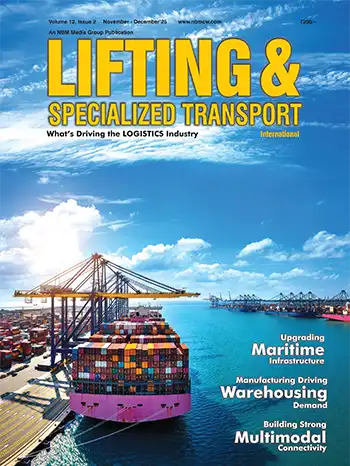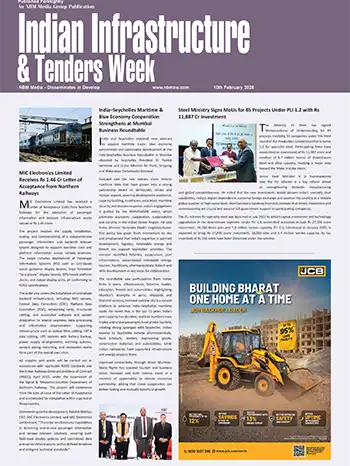Subramanian N E, Managing Director at Saint-Gobain India - Insulation Business
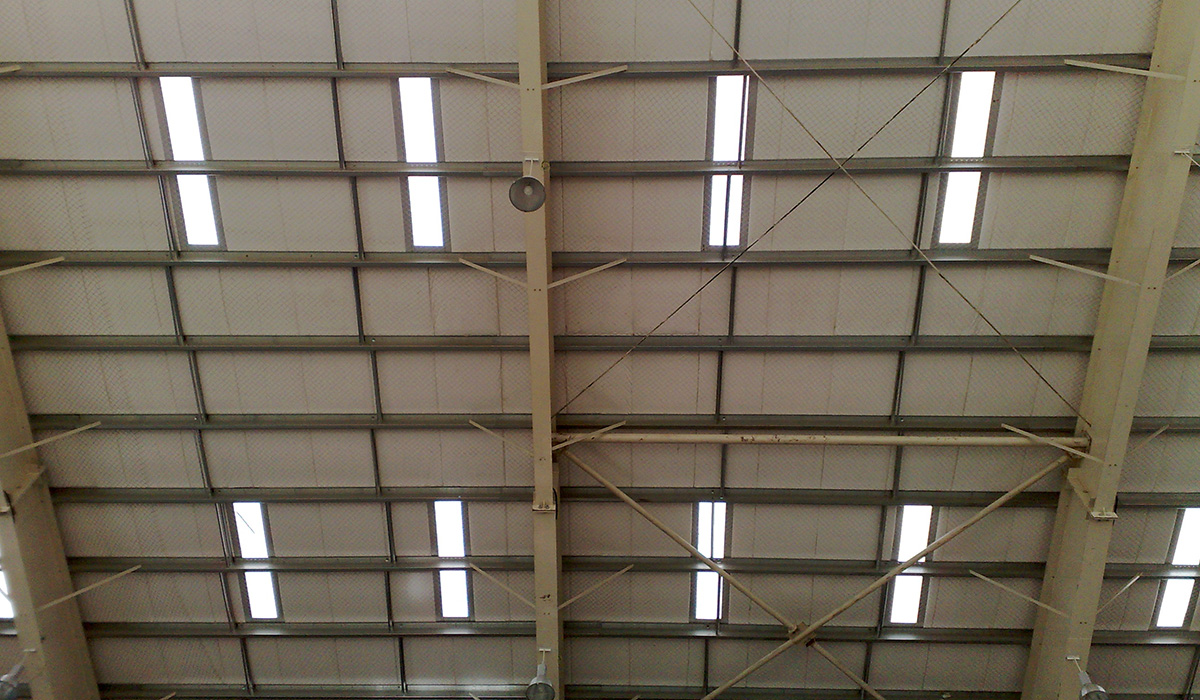
Driven by industrialization and the expansion of the logistics sector, Pre-engineered Buildings (PEBs) are experiencing rapid growth across various industrial, commercial, and infrastructure projects. Their rising popularity is due to their efficiency and cost-effectiveness. PEBs are designed, manufactured, and then transported to the job site for final assembly, hence are preferred as an efficient solution for new construction projects.
A critical aspect of PEB design is ensuring both thermal and acoustic performance. Solar heat ingress through metal roofs and walls can lead to thermal discomfort and higher electricity costs. To address this, Saint-Gobain has developed innovative insulation solutions tailored to meet client needs. The company produces a wide range of mineral wool insulation which includes bonded glass wool and stone wool insulation blankets with factory applied laminations, which effectively reduce solar heat conduction and enhance thermal comfort. These insulation systems also reduce energy consumption by lowering heating and cooling requirements, resulting in significant savings on electricity bills.
With the growing demand for lightweight and sustainable solutions in PEB, Saint-Gobain remains committed to supporting customers with a range of innovative insulation systems. Our state-of-the-art research center in Chennai allows us to continuously develop and adapt solutions that meet the evolving needs of the Indian industry.
Subramanian N E
In addition to thermal comfort, noise control is essential for maintaining a productive working environment inside PEBs. External noises, such as rain, hail, or vehicular traffic, can disturb occupants and impact individual performances. Our porous mineral wool insulation absorbs sound, effectively preventing these outside disturbances from entering the building.
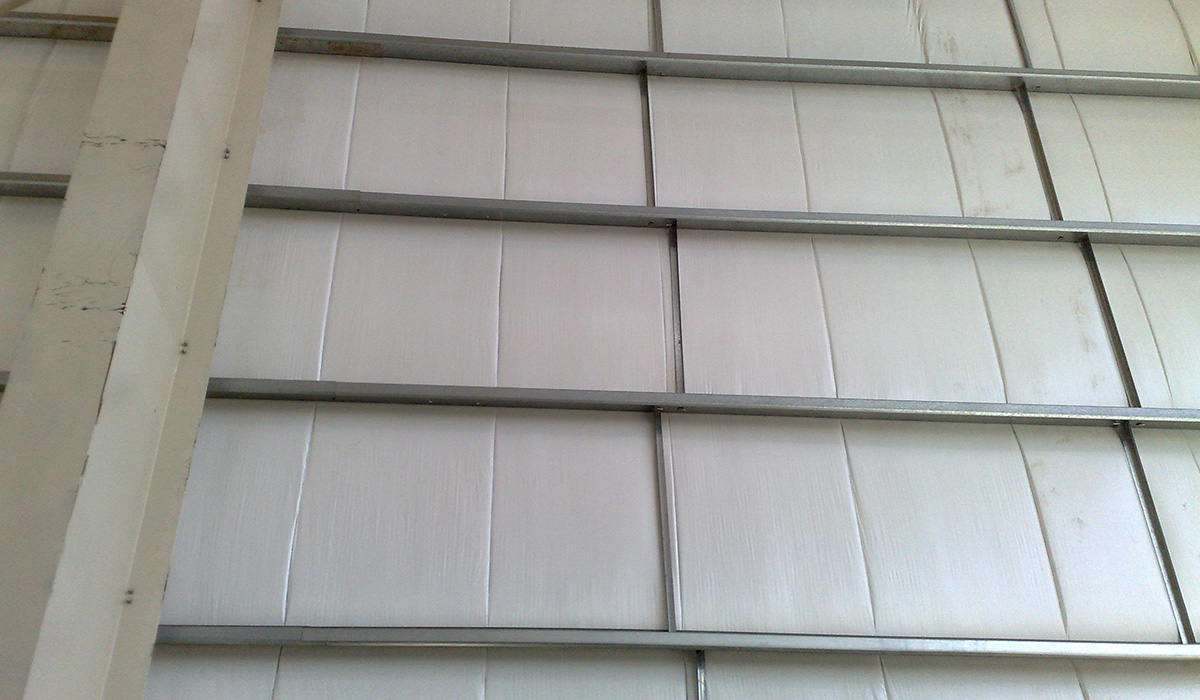
The National Building Code of India sets guidelines for regulating building construction and maintenance, with a strong emphasis on fire safety. To comply with these standards, it is essential to use materials that meet the required regulations. Saint-Gobain’s mineral wool insulation adheres to IS 8183 and BS 476 Parts 4, 5, 6, and 7, and is FM-approved. Made from a non-combustible core material, it neither propagates fire nor contributes to smoke development, providing occupants with crucial time to evacuate safely in the event of a fire.
Efficient transportation, storage, and installation are becoming increasingly important in PEB projects. Our glass wool insulation offers excellent performance at a lower density, making it a lightweight solution. It can be compressed upto one-sixth of the original volume significantly reducing transportation and storage costs. We also offer customized lengths of glass wool rolls, enabling clients to insulate with fewer joints and minimal waste. With various factory-applied facings, our insulation solutions optimize both functional and aesthetic performance. Additionally, the use of up to 55% recycled content makes our glass wool insulation an eco-friendly and sustainable option.
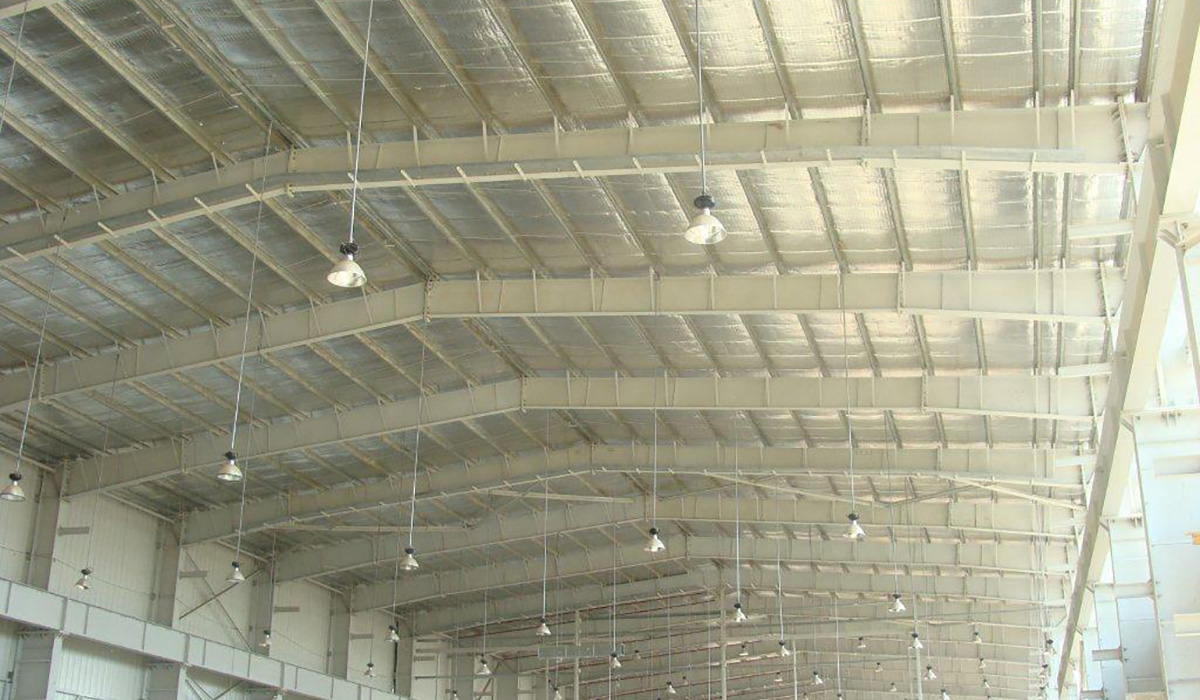
One notable example of our work is with a major automobile manufacturer in Maharashtra. Their existing factory, with a 0.5 mm GL metal roof sheet, experienced severe heat gain during peak summer months, with temperatures reaching 42°C in May. We retrofitted the roof with 50 mm thick, 16 kg/m3 density Twigainsul glass wool insulation with FSK (aluminum) facing. This lowered the internal temperature to below 37°C, even during the hottest afternoon hours, reducing the temperature by more than 7°C.


